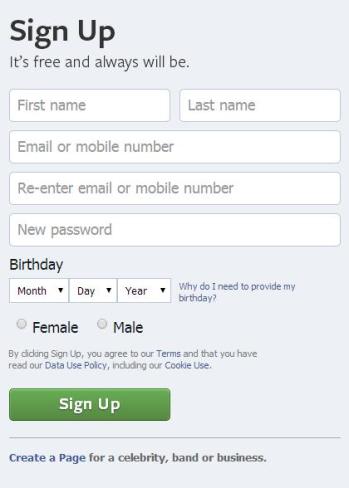Topic 2: Reflection
After browsing through and commenting on Kelly’s and Novina’s blogs, I noticed the running trend among my peers.
When discussing online identities. Many people tend to worry about digital crimes and scams. It is a justifiable concern. As Dr Cristina Costa mentioned in today’s Google Hangout, with a computer screen as a shield, users tend to let go of their social ethics.
Many of us also discussed the use of social as a professional advancement tool. For example, Rochelle mentions the need for connectivity with potential employers. Much like what Kelly had wrote regarding the need for consistency with her personal LinkedIn and Facebook account as examples.
Below is a pictograph on how employers screen potential employees based on social media platforms.
As many of my classmates had mentioned, having multiple identities is common. We have also established that digital footprints are important as Angie had explained.
The need to control it could allow the user to navigate easily in terms of professional work. It is the way the owner uses their identities that defines the internet’s honesty. The ongoing argument of whether multiple online identities would, in my opinion, never be solved. 
I do feel that there is a need to have a personal life away from my professional persona in the digital world. I have been keeping my personal Facebook profiles and such extremely private, never linking the social media platforms to each other.
However I do agree with today’s Google Hangout that social media for work is important and that a central hub that links up the various platforms would be helpful. I do intend to create that for my Digital Portfolio.
In conclusion, as a community, it is everybody’s duty to prevent cyber crimes. As individuals, we should maintain our integrity and social ethics online.
It doesn’t matter if we have one or two online identities. What really matters is the way we manage them.



